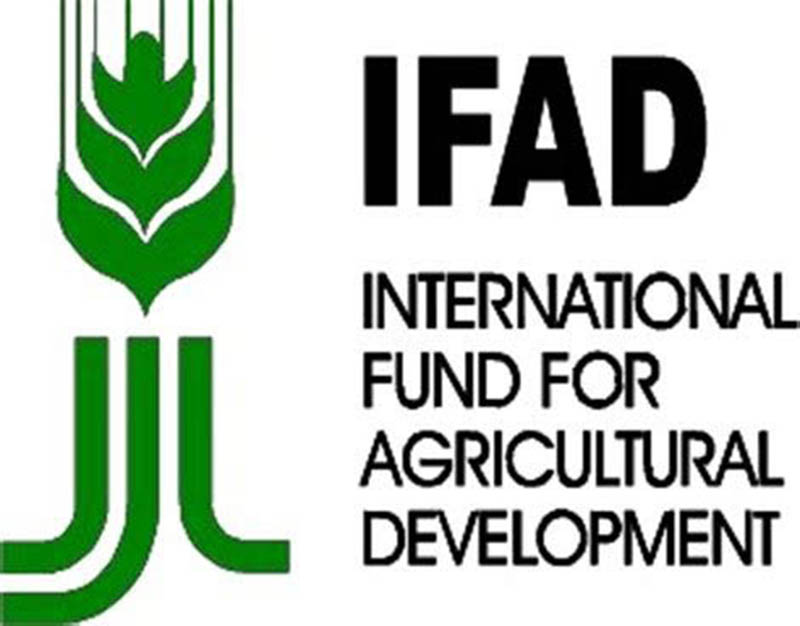At a time when the twin effects of the COVID-19 pandemic and climate-driven environmental challenges are having a serious negative impact on the agriculture sector in low-income countries, the Government of Canada has announced its further commitment to ensuring the continued resilience of small-scale farmers in rural communities by increasing its financial contribution to the United Nations’ International Fund for Agricultural Development (IFAD).
On Friday December 17, the Canadian Government, through its Minister of International Development, Harjit Singh Sajjan, announced at the International Nutrition and Growth Summit in Tokyo that Canada is committing a further US$27.7 million to IFAD’s Twelfth Replenishment, a mechanism through which member countries commit funds to the organisation for its work in the global agriculture sector. The next replenishment cycle, which extends over three years, begins in 2022.
The amount being committed by Canada reportedly represents a 50 per cent increase on the Canadian government’s initial pledge.
In addition to its ‘top-up’ on its financial contribution to IFAD, Canada contributed a loan, reportedly on very favourable terms, of around US$255 million to support initiatives in climate-smart and gender-sensitive agriculture in developing countries. The loan comes in the wake of IFAD’s undertaking to meet its commitment to double its impact by 2030. Meanwhile, the UN organisation is seeking to make meaningful progress towards reaching the Sustainable Development Goals, particularly SDG #1 (no poverty) and SDG #2 (zero hunger).
Canada’s contribution, a disclosure on the development says, will be used by IFAD to help finance its estimated US$3.5 million loans and grants programme over the next three years. This initiative is expected to impact the quality of life of approximately 110 million rural people by enabling increases in their agricultural production and raising their incomes through better market access and rural financial services.
IFAD’s interventions are also expected to play a role in increasing climate resilience and contributing to employment creation, particularly for women and youth, while improving food security and nutrition.
The work of IFAD is focussed on eradicating rural poverty in developing countries. It also targets the transformation of agriculture, rural economies and food systems by making them more inclusive, productive, and sustainable, as well as resilient to climate shocks.
Since 1978, the agency has provided US$23.2 billion in grants and low-interest loans to projects that have reached an estimated 518 million people.








